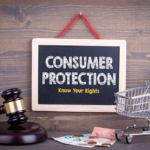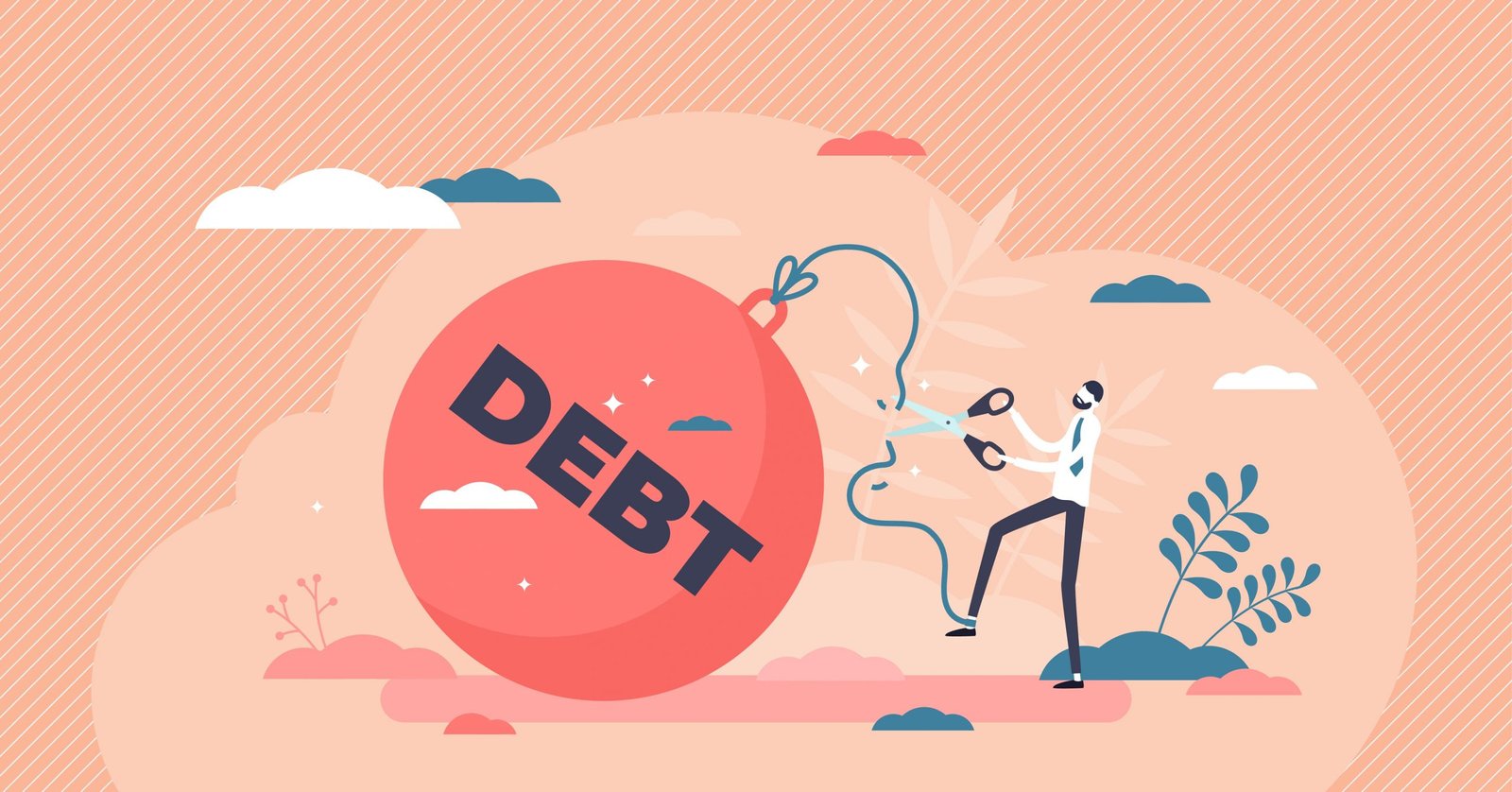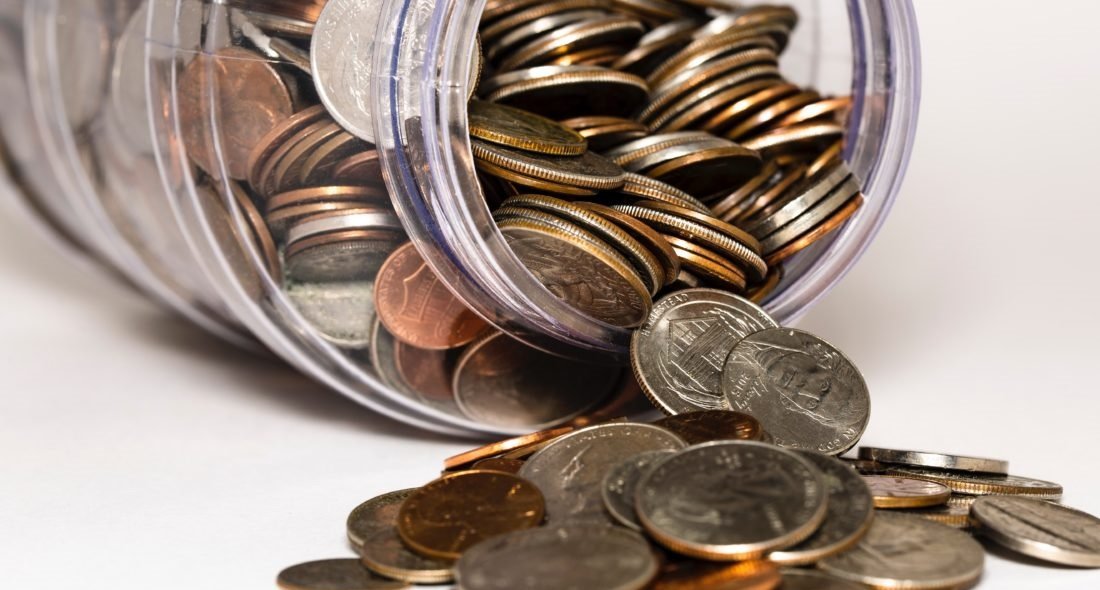In this article, we’ll discuss practical ways of avoiding accumulating debt after relief. Achieving debt relief is a significant milestone, but staying debt-free requires discipline and consistent effort. Without proper financial habits, it’s easy to slip back into the cycle of debt. By adopting smart strategies, you can maintain your financial freedom and build a secure future.
1. Create and Stick to a Budget
The first step to avoiding accumulating debt after relief is creating a realistic budget. A budget helps you track your income and expenses, ensuring you don’t spend more than you earn. Divide your expenses into categories like essentials, savings, and discretionary spending. Stick to your budget consistently and adjust it as needed.

2. Build an Emergency Fund
Unexpected expenses, such as medical bills or car repairs, can lead to debt if you’re not prepared. To avoid this, set up an emergency fund. Aim to save at least three to six months’ worth of living expenses. Having a financial cushion reduces the likelihood of relying on credit cards or loans in emergencies.
3. Avoid Impulsive Spending
One of the main causes of debt is impulsive spending. After achieving debt relief, it’s crucial to develop self-control and avoid unnecessary purchases. Before buying something, ask yourself if it’s a need or a want. Practicing delayed gratification can help you make smarter financial decisions.
4. Limit Credit Card Use
Credit cards can be convenient, but they also make it easy to overspend. To prevent accumulating debt after relief, use credit cards sparingly. If you do use them, pay off the balance in full each month to avoid interest charges. Alternatively, consider using cash or debit cards for everyday expenses.
5. Set Financial Goals
Having clear financial goals can keep you motivated and focused on avoiding debt. Whether it’s saving for a vacation, buying a home, or building retirement savings, setting specific goals helps you prioritize your spending. Write down your goals and create a plan to achieve them.
6. Monitor Your Spending Regularly
Keeping track of your expenses is essential for staying on top of your finances. Use apps or spreadsheets to monitor your spending habits. Reviewing your finances regularly allows you to identify problem areas and make necessary adjustments. This practice is key to avoiding accumulating debt after relief.
7. Educate Yourself About Personal Finance
Knowledge is power when it comes to managing your money. Take the time to learn about personal finance topics like budgeting, saving, and investing. There are many free resources, such as books, blogs, and online courses, that can help you make informed financial decisions and stay debt-free.
8. Avoid Co-Signing Loans
While it may seem like a kind gesture, co-signing loans can put you at risk of debt. If the primary borrower fails to repay the loan, you’ll be held responsible. To protect your financial stability, avoid co-signing loans unless you’re absolutely certain of the borrower’s ability to repay.
9. Pay Bills on Time
Late payments can lead to penalties and affect your credit score. Make it a habit to pay your bills on time to avoid additional charges and maintain a good credit history. Setting up automatic payments or reminders can help you stay on top of your obligations.
10. Live Below Your Means
Living below your means is one of the most effective ways of avoiding accumulating debt after relief. Focus on needs rather than wants, and resist the urge to keep up with others’ lifestyles. By spending less than you earn, you’ll have more money to save and invest, reducing the risk of falling back into debt.
Conclusion
In this post, we’ve explored ten practical ways of avoiding accumulating debt after relief. Achieving debt relief is an important milestone, but maintaining financial stability requires effort and smart planning. By creating a budget, building an emergency fund, and practicing mindful spending, you can safeguard your financial future. Remember, the key to staying debt-free is consistency and making informed choices. With these strategies, you can enjoy the benefits of financial freedom for years to come.











